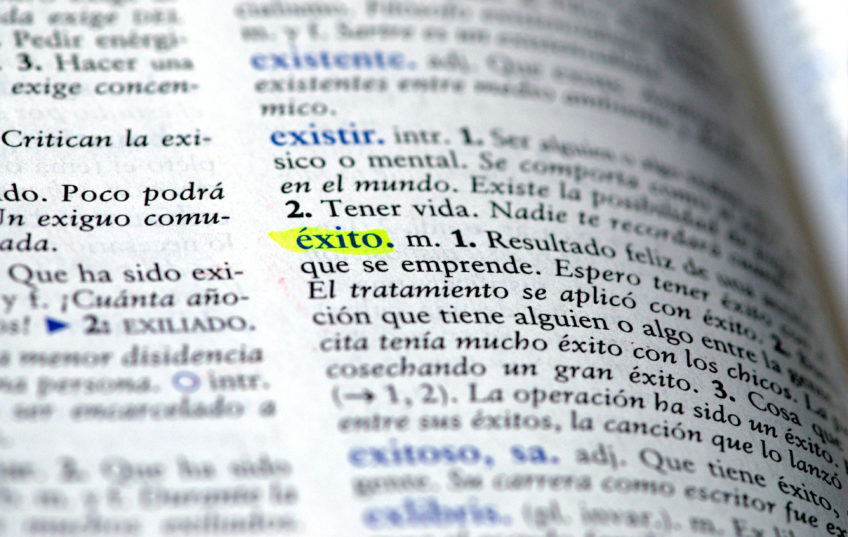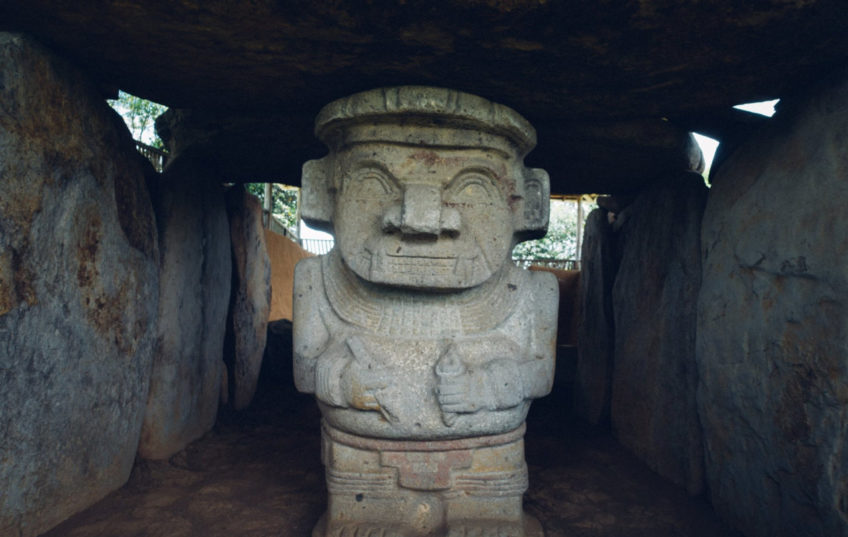The Museum of Knowledge team is often asked “Is it better to learn a language with native speakers?” We would respond by saying it all depends on how a native speaker is defined. A native speaker may speak the language but to what extent does he or she speak or write with correct grammar and syntax? It is often those who have learnt the essence of grammar who excel at teaching languages.
To be a native speaker and to communicate with colloquial undertones will not help in the forum of language learning. Any native speaker chosen to assist in the spectrum of teaching languages should preferably be educated in the field of teaching and certainly should have qualified at graduate level in the language they seek to teach others. This will help give the learner a dynamic overview of the language and an enriched cultural experience together with assisting in understanding the working knowledge of the language. A native speaker who is qualified in linguistics, modern languages and/or cultural studies is best equipped to relate to the needs of those learning a language for the first time or those who seek to improve their language skills.
For a learner who wishes to learn a language for business, it then becomes even more essential that the teacher enjoys has an excellent grasp of grammar and syntax as well as robust knowledge of the subject area.
The Museum of Knowledge uses a combination of business speakers who have all graduated from University in both a business related study course as well as Modern languages. The flexible courses delivered by the Museum of Knowledge team define the essence of language learning for business (advanced language learning) and pleasure (intermediate language learning).





